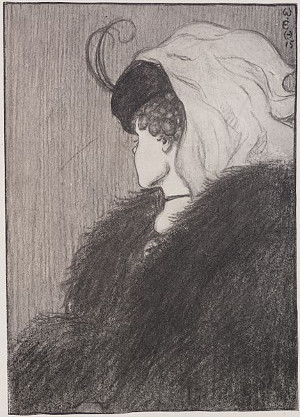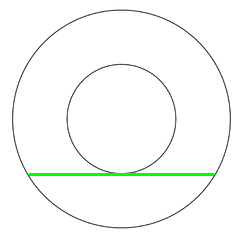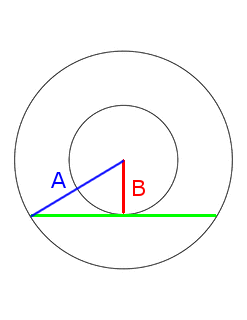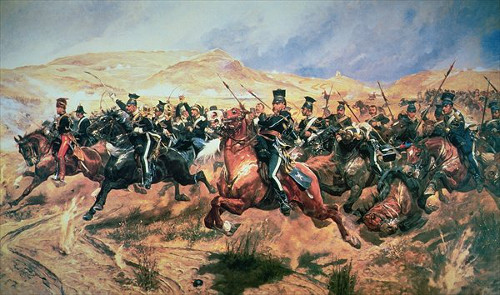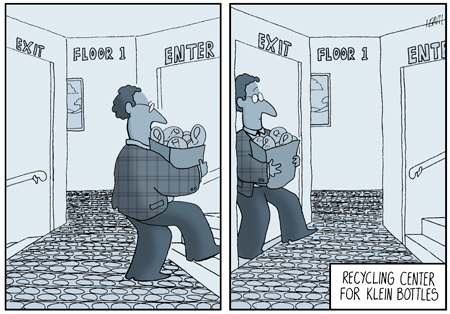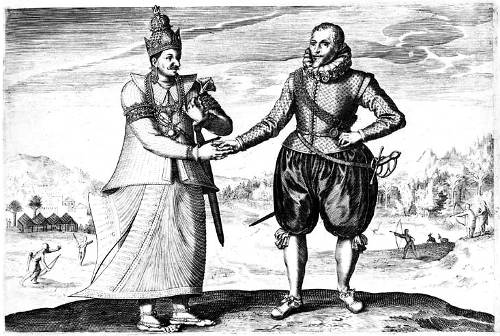A young man named Power, residing at Castlecomer, went a few evenings ago to fly what he termed a Spanish kite, of very large dimensions. Having adjusted the cord and tail, it rapidly ascended with a brisk breeze until it had taken the full length of the cord, which became entangled round Power’s hand. The wind increasing, he was drawn a distance of nearly half a mile in the greatest agony, the cord cutting into the bone. The Rev. Mr. Penrose, the protestant curate of the parish, seeing the man running and shouting, at one time raised off the ground for a distance of some perches, and again running along at full speed, perceived that he was dragged by the kite, and followed him as fast as he could; but being unable to come up with him, he shouted at the top of his voice to ‘Let go; there was a man killed in a thunderstorm by the lightning of a kite.’ When Power heard these words, he shouted with redoubled vigour, but could not extricate himself until, after the distance mentioned, he was stopped by a high stone wall, the top of which, being coped, cut the cord and set at liberty the kite and the owner, who was almost lifeless with fatigue and fright.
— Kilkenny Journal, reprinted in the Times, Oct. 28, 1858

